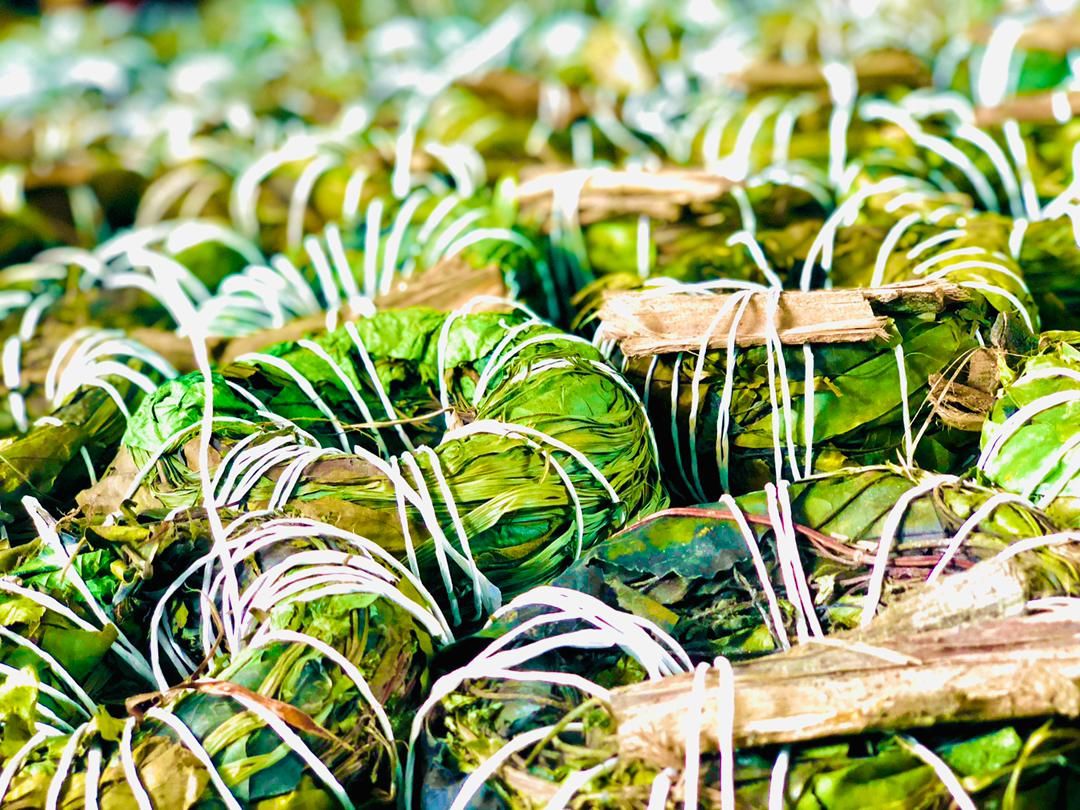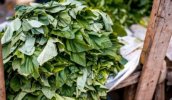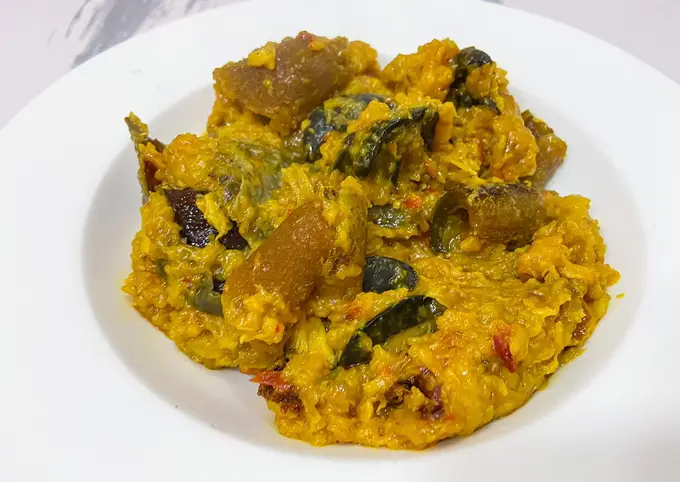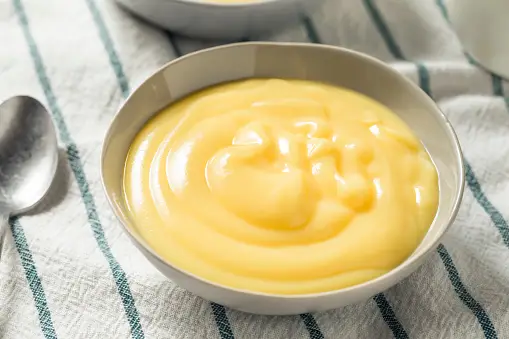This coiled leaf wrap from mbaise community in Imo state has become quite popular.
This herb's leaves are commonly brewed into tea or cooked with several spices as pepper soup for newborn moms.
There are several reasons why women take this bitter alkaline-tasting herb.
Not only is the Aju mbaise herb trusted to help ultimately expel mucus, tissues and blood from the uterus in postpartum mothers, many believe it aids weight loss—especially unwanted belly fat.
In Nigeria, Aju mbaise is one of the most promoted herbs for weight loss and burning belly fat, even among women who have never had babies.
Consumers experience reduced appetite, increased body temperature, reduced metabolism and loose stool when taken.
All these help burn fat fast and even regulate an irregular menstrual cycle.
From a medical point of view, does it work? Is this herb an effective remedy for losing weight?
First, here are the components of aju mbaise.
The aju mbaise wrap is a combination of:
- Ginger roots
- Amu nkita (Yoruba: gboyin gboyin, hausa: Fura amarya)
- Uda (Yoruba: Eeru alamo, Hausa: Chimba
- Uziza seeds
- Mmimi ohia (Yoruba: Oko oja, Hausa: Kaskaifi)
- Nutrushes
- Ikpele atulu (Yoruba: akerejupon)
- Akbodo (Yoruba: irosun - igbo)
- Velvet tamarind
- Alagame (Yoruba: Ogan pupa)
- Rock rose
Aju mbaise is taken as tea or pepper soup. The wrap is rinsed and boiled in water to make tea.
And the pepper soup consists of uriokhirio seeds, uda, ehuru seeds, and various fish types for protein; stock fish and smoked fish.
Nutritional value of Aju mbaise to postpartum mothers
According to a study carried out by the department of biochemistry, faculty of science, university of Port Harcourt, Nigeria, this is the nutritional value of this herb.
Carbohydrate 69.51%
Crude protein 10.05%
Moisture 8.89%
Crude fat 5.71%
Fibre 3.745
It also contains vitamins such as Vitamin A, B1, B2, B3, B6, B12, C, D, K… Potassium, Sodium, Zinc and iron.
Is Aju mbaise safe for consumption?
A 2020 study evaluating the toxicity profile of Aju mbaise and polyherbal extracts revealed that prolonged treatment of Aju mbaise above 400mg may lead to liver inflammation and kidney damage.
During postpartum, take aju mbaise only for healing and medicinal purpose.
Udomoh Eshemoka, a doctor in Abuja, advised nursing mothers against taking aju mbaise while breastfeeding. "Aju mbaise in a baby's body can damage the baby's liver and kidney". He said
Your baby's organs are simply not developed enough for the excretion of herbal products.
Is it an ideal weight loss plan?
Researchers have discovered that oral Aju mbaise does not cause weight loss.
And some doses can increase the density of lipoprotein cholesterol, increasing the likelihood of blood clots forming in the arteries.
As acclaimed, aju mbaise aids the postpartum uterus in cleansing and treating menstrual cramps, as long as you do not exceed the 400mg dosage.
But it is not an ideal weight loss plan.
As a nursing mother, there are other healthy and safe ways to lose weight.
But it is essential to set realistic goals. At least one pound weekly.
Some safe activities to lose weight gained during pregnancy are:
- Breastfeeding.
- Postpartum safe workouts; Yoga, walks.
- Stay hydrated; 12 cups daily.
- A healthy diet (but eat frequently).
- Rest; will help your body recover from the workouts and lose weight quicker.
In conclusion, we advise you to only take Aju mbaise if you are not breastfeeding.
It should be taken in moderation over a short time. If weight loss is your only purpose for trying this herb, other safer methods exist.










Comments